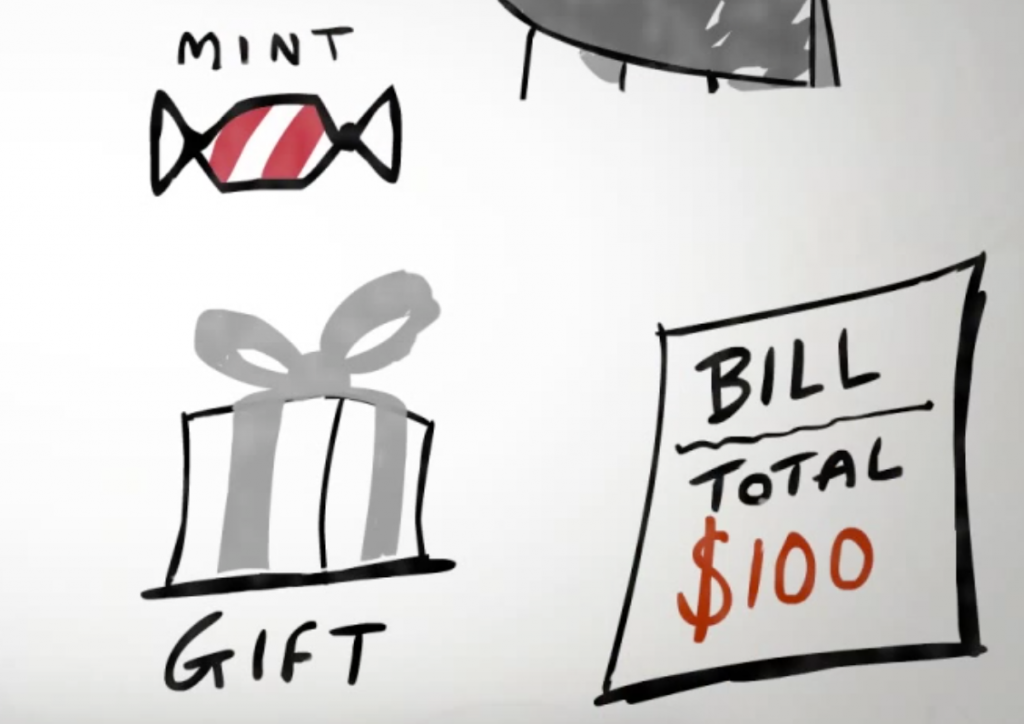You recently interviewed a ThirdPool candidate, and the individual appears to be excited about the prospect of making a career change.
Several weeks go by and the candidate is not responding to your requests for a follow-up discussion. They’ve gone dark. What caused this individual to swing from excitement to disinterest so abruptly?
If you think it’s you, your message, the value of what you’re offering, or anything else you’re saying, you’re probably wrong. These decisions (or a lack of decisions) typically relate to the subconscious part of person’s mind. It’s where ideas become actions.
Today, I’ll explain how to handle these interactions more successfully and keep your next candidate from going dark after the interview.
Questions or Comments? Reply to your WorkPuzzle subscription email.
Didn’t get the WorkPuzzle email? Subscribe below. We promise not to share your email with others or use it for any other purpose but delivering WorkPuzzle notices.













